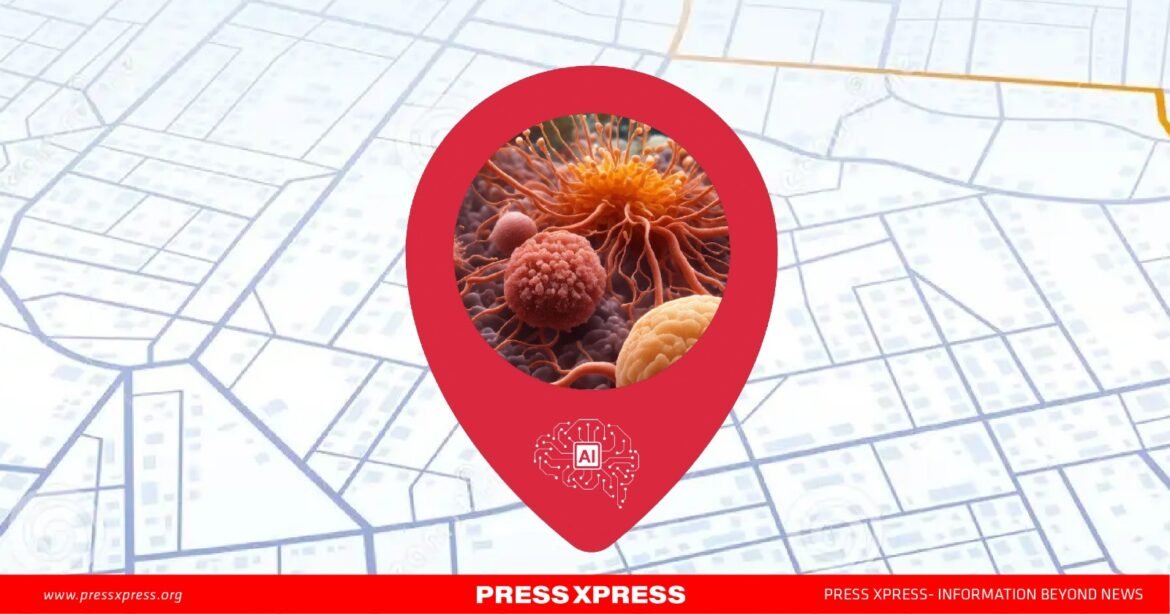Researchers have developed a groundbreaking AI tool that can determine someone’s recent locations by analyzing microorganisms collected on their body. Published in Genome Biology and Evolution, the study reveals that microbial communities vary by location, acting as “microscopic fingerprints” with distinct geographical traces. This tool can identify if someone has recently been to a beach, train station, or park by examining the microorganisms they picked up.
Unlike GPS, which relies on satellite navigation, the tool, developed by researchers at Lund University in Sweden, uses the Microbiome Geographic Population Structure (mGPS) model. The model applies AI to analyze microorganisms such as bacteria, fungi, and algae found in different environments, which can change depending on the places a person visits. According to researcher Eran Elhaik, “By tracing where your microorganisms have been, we can track disease spread, identify sources of infection, and even assist in criminal investigations.”
To train the AI, scientists collected vast microbiome data from diverse environments, including urban areas, soil samples from 18 countries, and marine samples from nine water bodies. Impressively, the mGPS tool accurately identified the city source for 92% of city-based samples. In tests, it even differentiated samples from two Hong Kong subway stations only 564 feet apart. However, its accuracy in London was lower, possibly due to the London Underground’s less maintained stations.
This innovation promises new applications in medicine, epidemiology, and forensics, with future improvements expected as more data is gathered.


